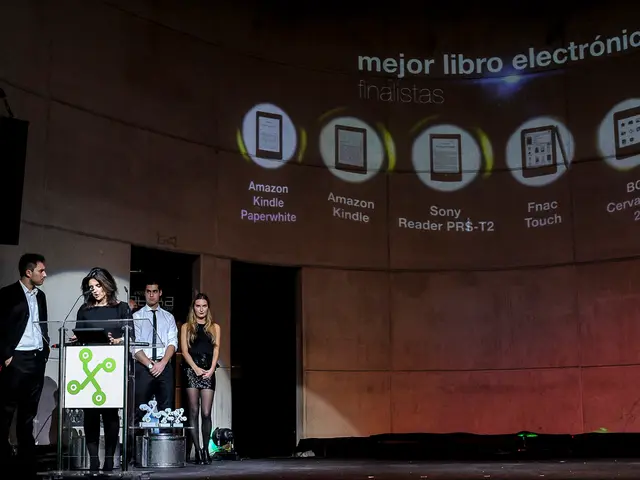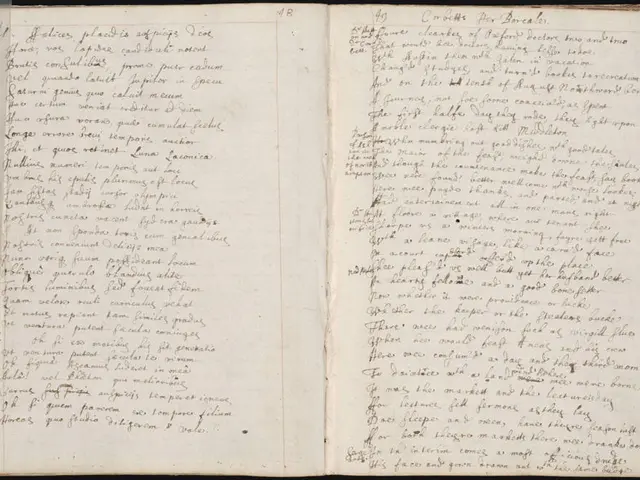The Pope emphasizes that theology should confront pressing issues such as climate change, artificial intelligence, and other legitimate concerns.
Pope Leo XIV Emphasizes the Urgent Relevance of Environmental Sustainability, Digital Challenges, and Theology
Pope Leo XIV has reiterated the importance of theology in responding to the spiritual, doctrinal, pastoral, and social needs of the current time. In a seminar with members of the Pontifical Academy of Theology, the pope emphasized that environmental sustainability and the care of creation, as well as digital challenges, are of "urgent relevance" and very dear to him, as they were to his predecessors St. John Paul II, Benedict XVI, and Francis.
The pope stated that environmental issues have a direct impact on the organization of our societies and on the possibility of peaceful and cooperative human coexistence. He encouraged theologians to explore ways to ensure Catholic social doctrine can provide wise answers to digital challenges, particularly those posed by artificial intelligence. When dealing with new technology, Pope Leo stressed the need to refer to an anthropological vision that underpins ethical action and return to the age-old question: What is a human being? What is his or her inherent dignity, which is irreconcilable with a digital android?
Pope Leo XIV also emphasized that true knowledge of God is realized in a life transformed by love. He encouraged theologians to communicate the 'knowledge' and 'taste' of faith to everyone, illuminating lives, redeeming the weak and excluded, and healing the suffering. The best theology, according to the pope, unites faith and reason, reflection, prayer, and practice. The ever-relevant example of St. Augustine is significant in this regard, as his theology was never a purely abstract pursuit but always the fruit of his experience of God and the life-giving relationship that flowed from it.
The pope suggested that an exclusively ethical approach to artificial intelligence is not enough, and theology should be directly involved. He encouraged theologians to delve into the moral, social, and spiritual implications of AI, ensuring that Catholic social teaching places the knowledge of faith at the service of humanity in all its dimensions - personal, social, and political. The Catholic Church needs theologians whose pursuit of understanding is framed by care for the real concerns of modern men and women.
Pope Leo XIV reiterated that environmental sustainability and the care of creation are essential commitments to ensure the survival of the human race. He met with members of the Pontifical Academy of Theology and participants in their seminar on "Creation, Nature, Environment for a World of Peace." The pope stated that theology should dialogue with science, philosophy, art, and all human experience.
In conclusion, Pope Leo XIV's message to theologians is clear: theology must respond to the needs of the current time, and this includes addressing environmental sustainability, digital challenges, and the moral, social, and spiritual implications of artificial intelligence. By uniting faith and reason, reflection, prayer, and practice, theologians can communicate the 'knowledge' and 'taste' of faith to everyone, illuminating lives, redeeming the weak and excluded, and healing the suffering.
Read also:
- EPA Administrator Zeldin travels to Iowa, reveals fresh EPA DEF guidelines, attends State Fair, commemorates One Big Beautiful Bill
- "Divine Protections Failed: Father Battling for Life After Flesh-Eating Bacteria Infection"
- Innovative Company ILiAD Technologies Introduces ILiAD+: Boosting Direct Lithium Extraction Technology's Efficiency Substantially
- Nuclear Ambitions at a U.S. Airport Spark Controversy, With Opposition Swelling








